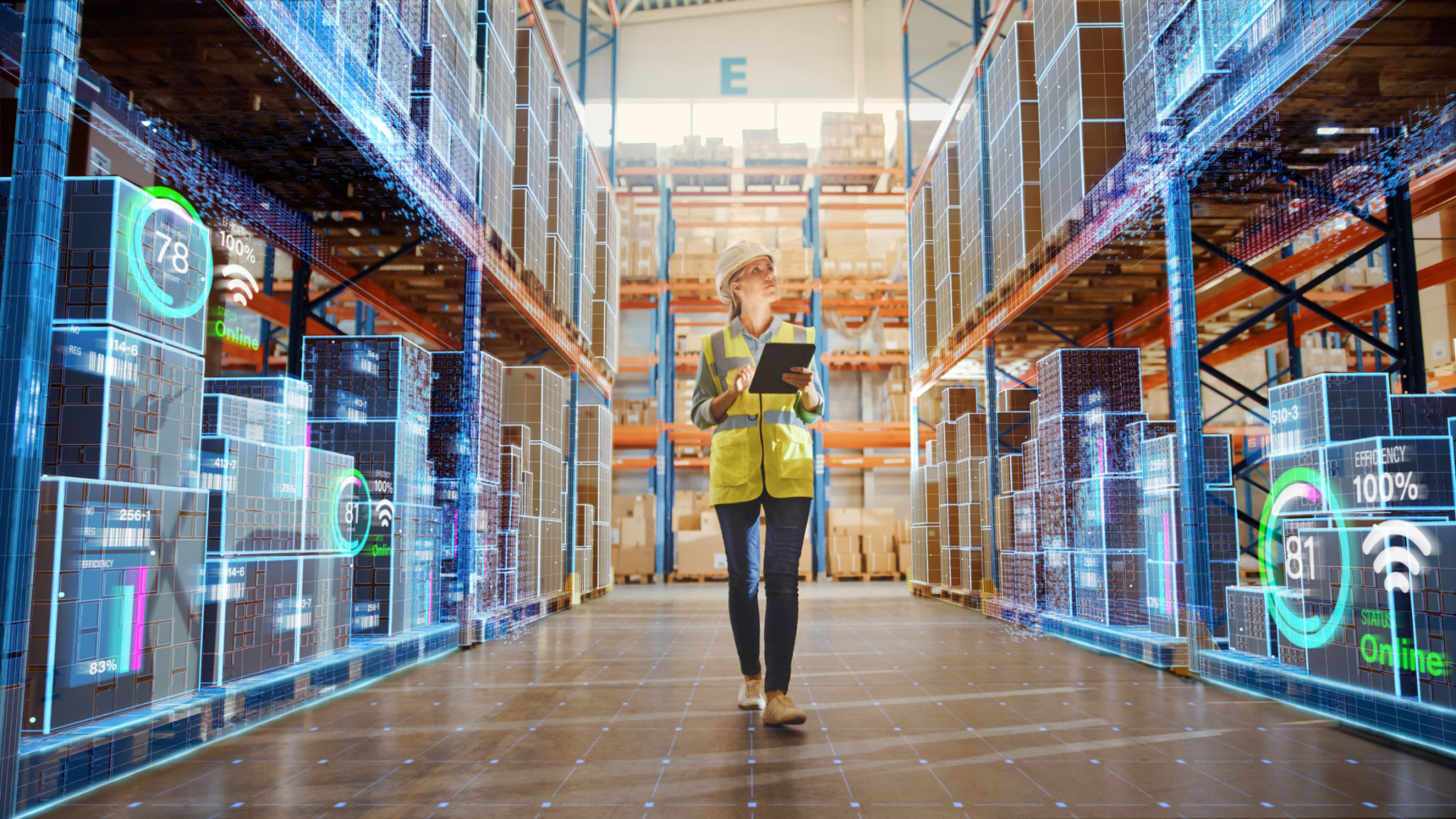How Digital Freight Matching Platforms Are Revolutionizing the Industry
The Rise of Digital Freight Matching Platforms
The logistics industry is undergoing a significant transformation, thanks in part to the advent of digital freight matching platforms. These platforms are leveraging cutting-edge technology to streamline the process of matching shippers with carriers, making freight transportation more efficient and cost-effective. By bridging the gap between supply and demand, digital freight matching platforms are revolutionizing the way goods are moved across the country and around the globe.

How Digital Freight Matching Works
At its core, digital freight matching connects shippers who need to move goods with truckers who have available capacity. This is achieved through sophisticated algorithms that analyze various factors including location, load size, and delivery timelines. The platforms utilize real-time data to quickly identify the best matches, ensuring that shipments are transported efficiently.
These platforms often come equipped with user-friendly interfaces that allow both shippers and carriers to easily post their needs or available capacities. The result is a seamless process that reduces the time spent on phone calls and negotiations, allowing for a more streamlined approach to freight management.

Benefits for Shippers and Carriers
Digital freight matching platforms offer numerous benefits for both shippers and carriers. For shippers, the most significant advantage is the ability to find carriers quickly and at competitive rates. This not only saves time but also reduces transportation costs. Additionally, these platforms often provide tracking features that allow shippers to monitor their shipments in real time.
For carriers, the primary benefit is increased access to loads, which helps to minimize empty miles and maximize revenue. By having a more consistent flow of business, carriers can optimize their operations and improve profitability.
The Role of Technology in Freight Matching
The success of digital freight matching platforms can largely be attributed to advancements in technology. Artificial intelligence and machine learning play crucial roles in analyzing data and making accurate matches. These technologies enable platforms to continuously learn from past transactions, improving their efficiency and accuracy over time.

Additionally, the use of GPS and telematics allows for precise tracking and management of shipments. This not only enhances transparency but also enables proactive problem-solving when issues arise during transit.
Challenges and Considerations
Despite their many advantages, digital freight matching platforms are not without challenges. Data security is a primary concern, as these platforms handle sensitive information. Ensuring robust cybersecurity measures are in place is essential to protect users' data.
Moreover, there is a learning curve associated with adopting new technology. Both shippers and carriers must be willing to adapt to these platforms and invest time in understanding their functionalities.
The Future of Freight Logistics
The impact of digital freight matching platforms on the logistics industry is expected to grow as technology continues to evolve. With continued innovation, these platforms will likely offer even more sophisticated features, further enhancing operational efficiency and customer satisfaction.

As the industry embraces these changes, we can anticipate a future where freight logistics are more agile, responsive, and sustainable than ever before. Digital freight matching platforms represent a pivotal step forward in achieving these goals, setting new standards for excellence in the transportation sector.